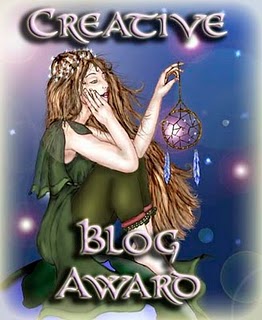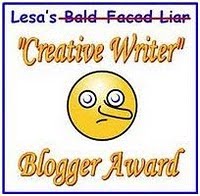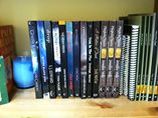 The quality of your work matters. I don't want to read a book full of typos and grammatical errors. First of all, they are annoying. Second, they distract from the story. I also want continuity, the story has to flow and if the book is a sequel, it had better match what went on in the first story. My first editor for Gemini Rising, Hannah, was a stickler for continuity and flow. She also wanted to make damn sure I had done my research. She pulled no punches and there were times, many times, I felt the student. I loved Hannah. I was a little scared of her, but I loved her. She had no problem telling me what she wanted and she didn't disguise it in flowery sentiment. For example: she made me rewrite the entire ending of Gemini Rising. In my book, Kate died, and the sequel went on with Women Who Walks With Light. In Hannah's mind, Kate lived and the sequel went on from there. Hannah won because most times, she was right. When you put a book out there, with your name on it, your credibility is on the line. It screams: this is who I am! Um, if you write alot instead of a lot, that says a lot about you and your education. This is just one common mistake that so many authors and self-published authors make. Professional editing is a must if you want to make a dent in the literary world. Look at it as an investment. Thankfully, my publishing house provides editing, but even then they can make mistakes or miss things. It happens. Now, if I were to self-publish, the first bit of marketing money I had would go into professional editing. Right now, The Light and the Flame, is in the second pass stage. First stage is when the editor exams the book for continuity and flow and makes, sometimes, extensive changes. For the Flame, it was mostly clarifying information. When you write a novel you already know what's going on. The reader doesn't and what might be clear to you is oftentimes not clear to the reader. It took me a few weeks and some thought to clear up what was confusing her, but now I wonder if I may have been too repetitive. The nice part of having an editor is that you can shoot her an e-mail with your concerns. In my younger days, when my kids were little, I'd lay around the pool and... well, heck, eavesdrop on other people and make up stories about their lives. It sounds terrible, but I had so much fun. If you're a writer, learn to eavesdrop. You will pick up many things you can incorporate into your manuscript like phrasing and slang. Older people talk differently that younger ones, children morphing into their teenage years will really open your eyes. The one thing I had to learn is that my editor is not my enemy. With Hannah, I took things personally. I don't do that anymore and respect what my editor has to say. If you are self-publishing, I understand that in some cases the editor you hire will also be the copy editor. If you want a good one, it will cost you some money, but it will be worth it. Once all this is done, your manuscript moves on to the copy editor who looks for all the little things like misplaced punctuation and after that to page layout and design. I'm not there yet, but I've been there for two other books. The editing process need not be threatening. Instead, keep your editor close to your heart. They are worth all the affection you can give them. (((hugs))) Louann Comments are closed.
|
Sign up today for freebies and fun. Grab your chance at signed copies of my paperbacks and free e-books.
For Kobo coupons click here or copy and paste the link into your browser.
http://www.therawfeed.com/stores/kobobooks-com |
Proudly powered by Weebly
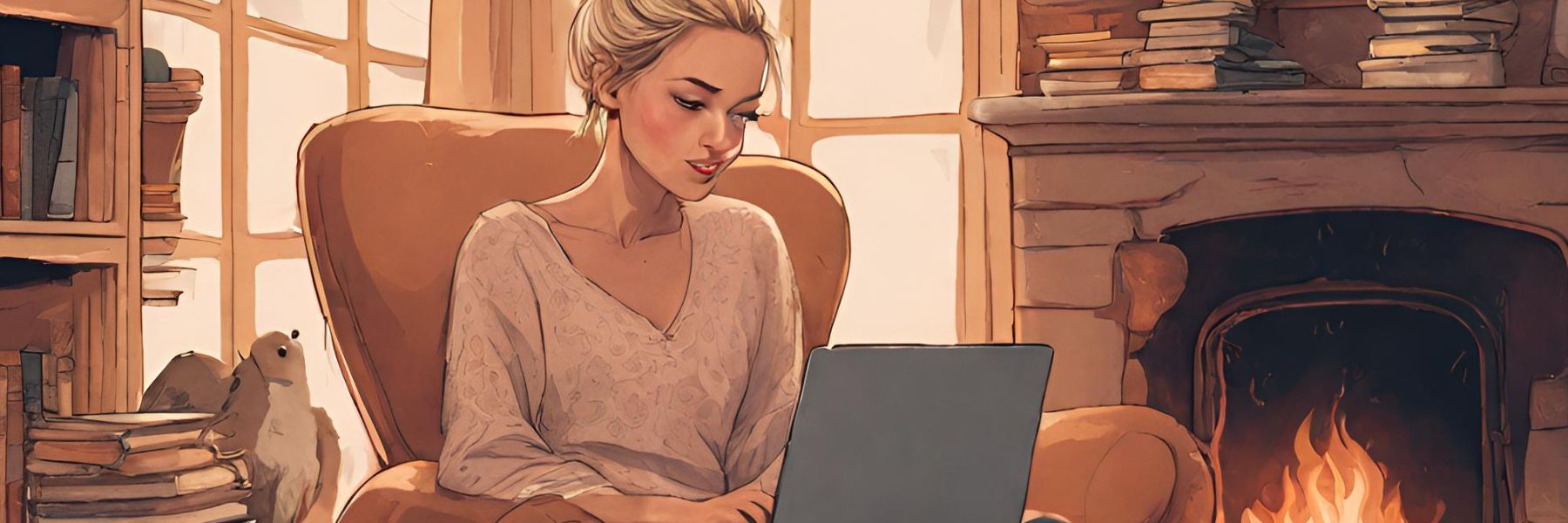


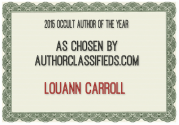
 RSS Feed
RSS Feed
